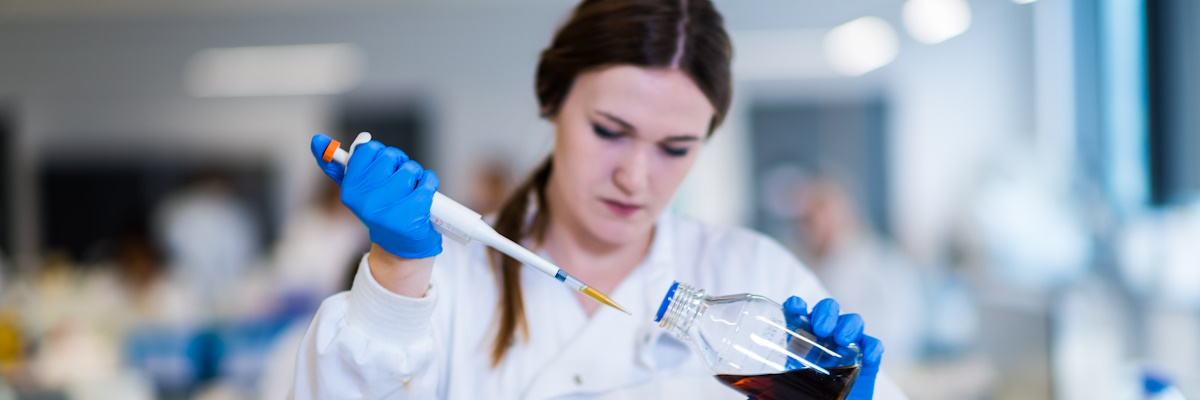Offer Holder Events
Discover Lancaster University for yourself at one of our events exclusively for Biochemistry offer holders and their guests.
- Saturday 8 February
- Saturday 22 February
- Saturday 15 March
- Saturday 5 April
- Saturday 26 April
These events are a chance to experience our friendly and inclusive teaching environment first-hand. You’ll get to know our Biosciences team and current students through subject talks, taster sessions and informal chats over a complimentary lunch.
At your Offer Holder Event, you will:
- Learn more about the structure of your degree and our approach to teaching and learning
- Experience life as a Biochemistry student through a hands-on laboratory taster session
- Have the opportunity to chat with current students and staff, and find out answers to any questions you may have



